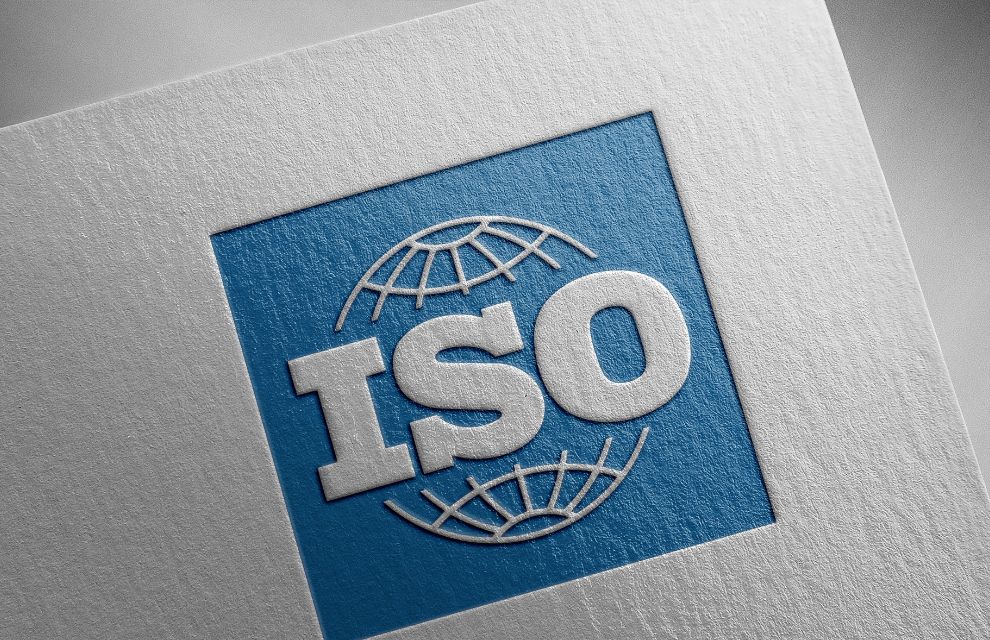ISSA publishes ISO 20022 survey results
16 June 2023 Switzerland
 Image: Araki Illustrations/stock.adobe.com
Image: Araki Illustrations/stock.adobe.com
The International Securities Services Association (ISSA) has published the findings of its 2023 ISO 20022 survey, a continuation of its initial research on the topic conducted in June 2020.
Conducted by the ISSA ISO 20022 Working Group, 75 market participants provided responses to the survey. Primarily based in Europe, those interviewed included CSDs, central banks and custodians.
Based on the survey’s results, ISSA affirms that ISO 15022 “remains the most widely-used standard in the securities services industry”, and is seeing high rates of automation. As a result, unless financial market infrastructures and custodians present it as a specific strategy, there is little chance of increased ISO 20022 migration over the next five years, ISSA states.
As ISO 15022 and ISO 20022 are expected to exist in tandem, ISSA highlights the need for co-maintenance, whereby industry changes are made applicable to both messaging formats.
The report finds that Europe is ahead of other regions in its action around ISO 20022, however questions whether these investments in the EU will prompt other jurisdictions to follow suit: “Regulation in one jurisdiction cannot be enforced in another, and custodian banks are not reporting any demand from their end customers,” it comments.
Finally, ISSA reports that API resources have only been registered in payments and trade, with none registered in securities post-trade. The association suggests that this could be due to firms’ hesitancy to increase costs and fragmentation around relatively new API projects, and a prioritisation of more mature operations processes.
Common standards around APIs and ISO 20022 are not being established, the report says. This could be the result of a desire to maintain a competitive advantage for firms with APIs already in place, while others lack a business case for APIs and do not see them as a priority when allocating resources.
ISSA suggests that the industry review the real operational benefits of a shared standard, consider the business case for automation across the global securities services industry, and investigate what is being used as an alternative to ISO messaging in areas of low adoption.
“The industry is struggling to form a clear business case for adoption of ISO 20022 in terms of other higher priorities and challenges with the analysis of the real impact,” the report says, and “needs to understand the barriers to activation”.
Reflecting on the survey’s results, the working group recommends that ISSA monitor ISO 20022 capability and usage changes periodically rather than in biennial industry surveys, gathering data from sources including the World Forum of CSDs, ISSA participants and SWIFT.
Conducted by the ISSA ISO 20022 Working Group, 75 market participants provided responses to the survey. Primarily based in Europe, those interviewed included CSDs, central banks and custodians.
Based on the survey’s results, ISSA affirms that ISO 15022 “remains the most widely-used standard in the securities services industry”, and is seeing high rates of automation. As a result, unless financial market infrastructures and custodians present it as a specific strategy, there is little chance of increased ISO 20022 migration over the next five years, ISSA states.
As ISO 15022 and ISO 20022 are expected to exist in tandem, ISSA highlights the need for co-maintenance, whereby industry changes are made applicable to both messaging formats.
The report finds that Europe is ahead of other regions in its action around ISO 20022, however questions whether these investments in the EU will prompt other jurisdictions to follow suit: “Regulation in one jurisdiction cannot be enforced in another, and custodian banks are not reporting any demand from their end customers,” it comments.
Finally, ISSA reports that API resources have only been registered in payments and trade, with none registered in securities post-trade. The association suggests that this could be due to firms’ hesitancy to increase costs and fragmentation around relatively new API projects, and a prioritisation of more mature operations processes.
Common standards around APIs and ISO 20022 are not being established, the report says. This could be the result of a desire to maintain a competitive advantage for firms with APIs already in place, while others lack a business case for APIs and do not see them as a priority when allocating resources.
ISSA suggests that the industry review the real operational benefits of a shared standard, consider the business case for automation across the global securities services industry, and investigate what is being used as an alternative to ISO messaging in areas of low adoption.
“The industry is struggling to form a clear business case for adoption of ISO 20022 in terms of other higher priorities and challenges with the analysis of the real impact,” the report says, and “needs to understand the barriers to activation”.
Reflecting on the survey’s results, the working group recommends that ISSA monitor ISO 20022 capability and usage changes periodically rather than in biennial industry surveys, gathering data from sources including the World Forum of CSDs, ISSA participants and SWIFT.
NO FEE, NO RISK
100% ON RETURNS If you invest in only one asset servicing news source this year, make sure it is your free subscription to Asset Servicing Times
100% ON RETURNS If you invest in only one asset servicing news source this year, make sure it is your free subscription to Asset Servicing Times



